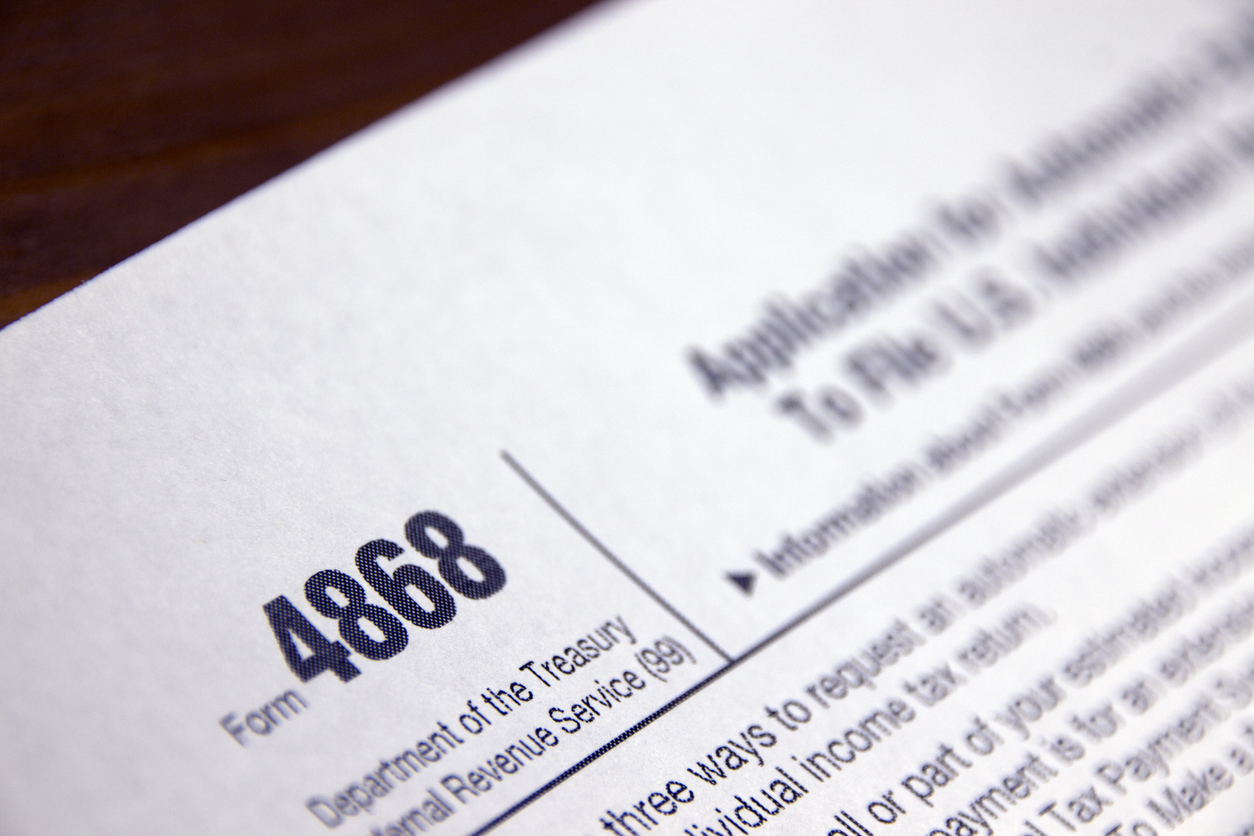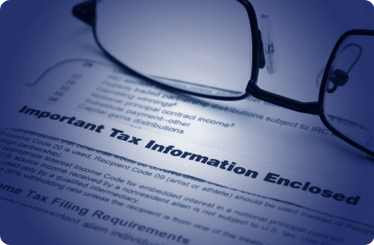On March 18, the Internal Revenue Service provided clarification to special payment relief for individuals and businesses in response to the COVID-19 Outbreak.
For individual returns, income tax payment deadlines with a due date of April 15, 2020, are automatically extended until July 15, 2020, for up to $1 million of their 2019 tax due.
This payment relief applies to all individual returns, including self-employed individuals, and all entities other than C-Corporations, such as trusts or estates. The IRS will automatically provide this relief to taxpayers. Taxpayers do not need to file any additional forms or call the IRS to qualify for this relief.











